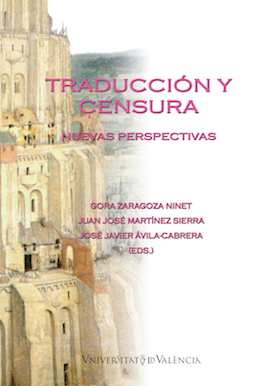Retranslation and Counterculture in Post-Francoist and Modernday Spain: Woody Guthrie’s Bound for Glory in Star Books (1977) and Global Rhythm Press (2009)
DOI:
https://doi.org/10.7203/qf-elit.v20i0.7533 Abstract
Abstract
Political activist and prolific artist Woody Guthrie (1912-1967) is internationally renowned for being one of the most representative figures of American folk music. His autobiography Bound for Glory, first published by E.P. Dutton in 1943, is a vivid account of the Great Depression years and the travels that followed. It was first published in Spain by Star Books in 1977 and later by Global Rhythm Press in 2009. This paper explores the relevant socio-cultural role played by both publishing houses in post-Francoist and modern-day Spain, and looks at the way the text has been (re)translated, assessing whether the second translation modernised the first in order to fulfil the expectations of contemporary readers.
Keywords: retranslation; counterculture; post-Francoism; Woody Guthrie; autobiography.
 Downloads
Downloads
Downloads
Published
How to Cite
-
Abstract536
-
PDF (Español)454
Issue
Section
License
 Este obra está bajo una licencia de Creative Commons Reconocimiento-NoComercial-SinObraDerivada 4.0 Internacional.
Este obra está bajo una licencia de Creative Commons Reconocimiento-NoComercial-SinObraDerivada 4.0 Internacional.
Authors who publish with this journal agree to the following terms:
- Authors retain copyright and grant the journal right of first publication with the work simultaneously licensed under a Creative Commons Attribution License that allows others to share the work with an acknowledgement of the work's authorship and initial publication in this journal.
- Authors are able to enter into separate, additional contractual arrangements for the non-exclusive distribution of the journal's published version of the work (e.g., post it to an institutional repository or publish it in a book), with an acknowledgement of its initial publication in this journal.
- Authors are permitted and encouraged to post their work online (e.g., in institutional repositories or on their website) prior to and during the submission process, as it can lead to productive exchanges, as well as earlier and greater citation of published work (See The Effect of Open Access).




